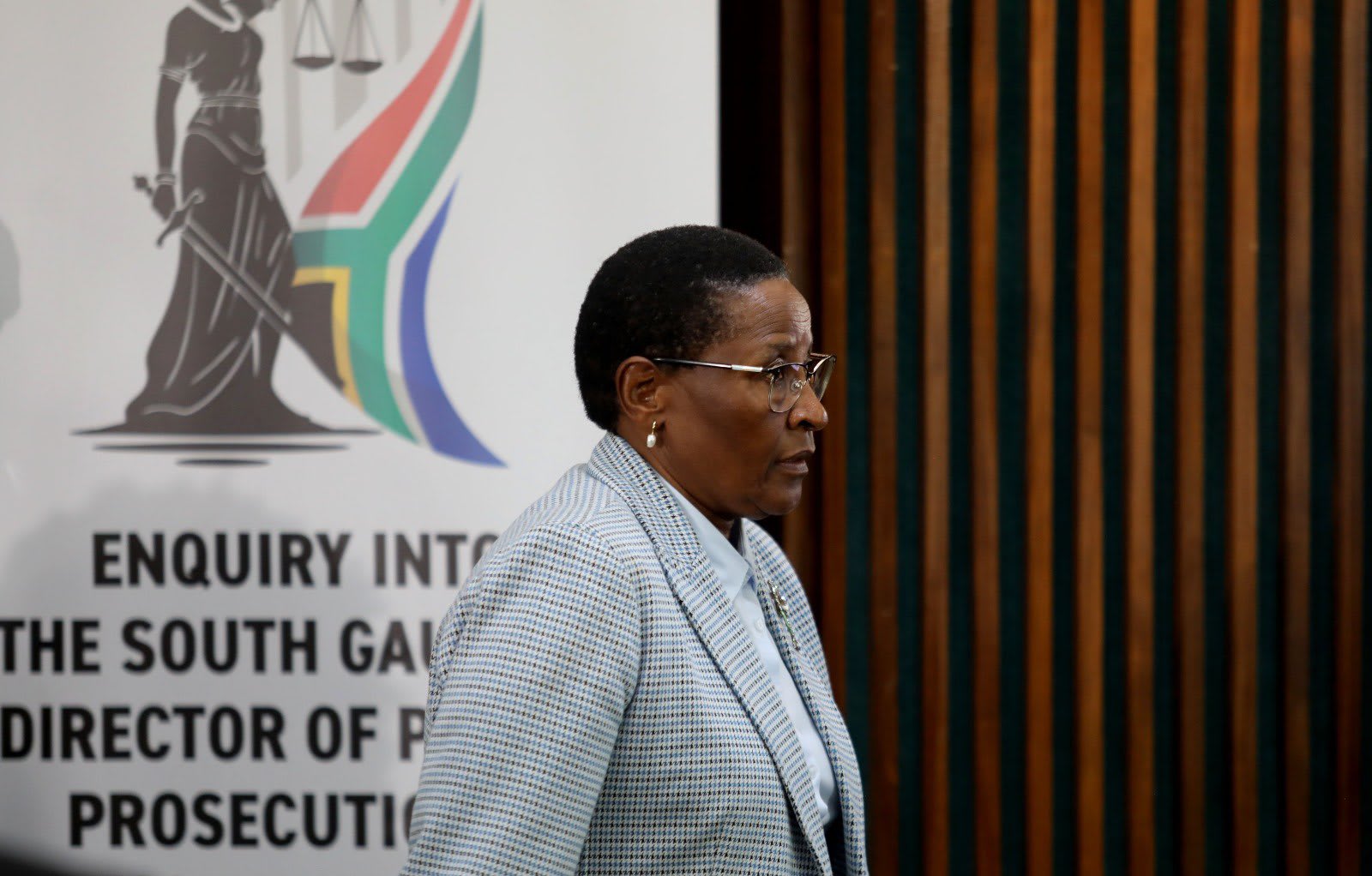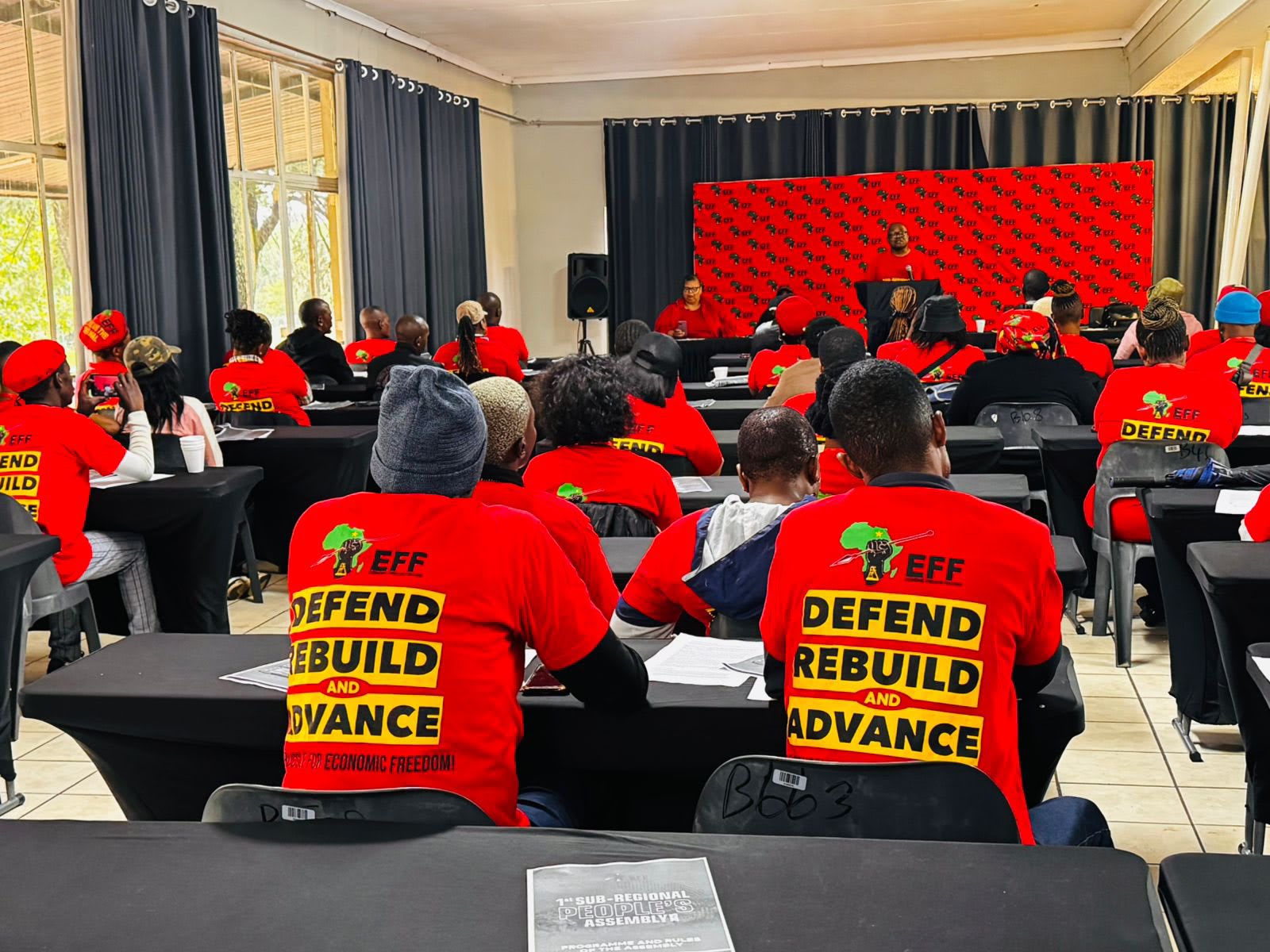Protest
1Min
South Africa
Oct 30, 2025
Magistrates in Cape Town staged a protest calling for parity with High Court judges — citing the same caseload yet lower pay, no medical insurance, and frustration at 17 years of parliamentary inaction. Their grievances underline deep‑rooted discontent within the lower judiciary.
Magistrates across South Africa have taken their discontent to the streets of Cape Town, pressing for urgent changes in pay, benefits and working conditions. The protest highlights longstanding tensions between lower‑court magistrates and their High Court counterparts, with many arguing they carry similar responsibilities but without comparable compensation.
The demonstration comes after what organisers describe as 17 years of unaddressed grievances, pointing to persistent inequalities within the judiciary. Despite overseeing cases equivalent to those of High Court judges, magistrates claim they receive lower pay and lack fundamental benefits such as medical insurance.
During the march, participants carried placards and submitted a memorandum to Parliament demanding equal recognition and remuneration. Among their key complaints were unsafe court conditions, understaffing, outdated infrastructure and a judicial system that fails to value their work.
Legal analysts say the protest could signal deeper structural issues within South Africa’s courts, including resource constraints, institutional hierarchy and competition for status among judicial officers. If left unaddressed, the unrest might affect court efficiency and further strain an already stretched justice system.
Politicians and judicial overseers now face the challenge of responding to the magistrates’ demands without undermining public confidence in the judiciary’s independence or exacerbating internal tensions. As the optics of a judiciary divided over pay and recognition emerge, there is increasing pressure for a transparent review of remuneration policies and working conditions across all court tiers.
In the immediate term, the protest has placed magistrates firmly in the spotlight, raising questions about fairness, retention and morale within the judiciary. Whether this march prompts meaningful reform remains to be seen, but it has undeniably shone a light on a constituency that feels ignored and undervalued.


















